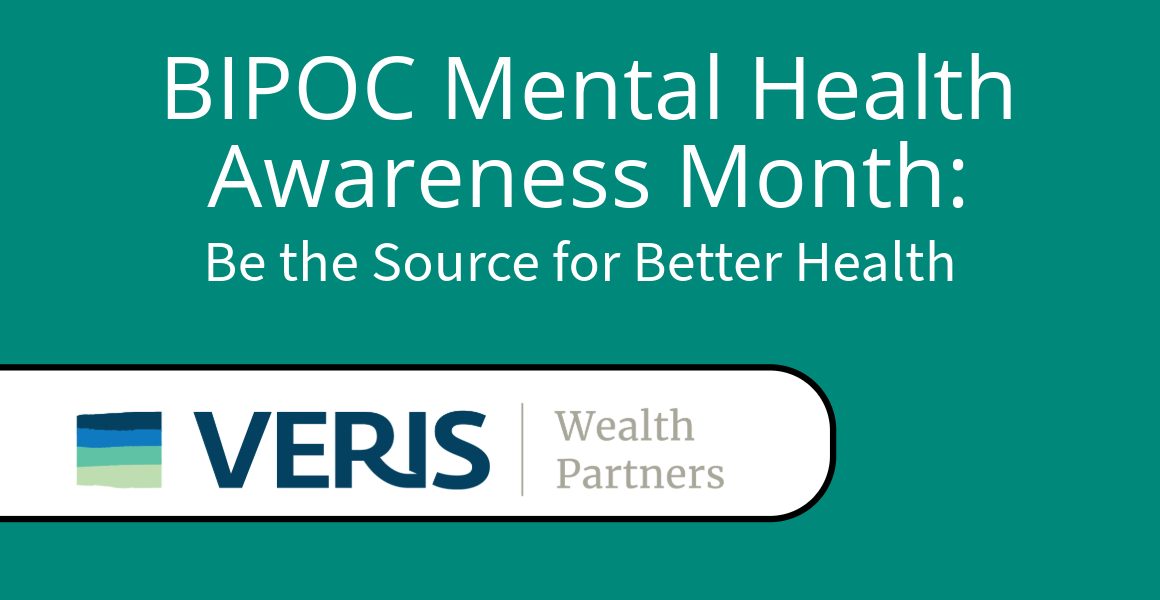BIPOC Mental Health Awareness Month Resources
July is National BIPOC Mental Health Awareness Month – dedicated to raising awareness of mental health resources, support, and treatment options that are available for racial and ethnic minorities in the US.










